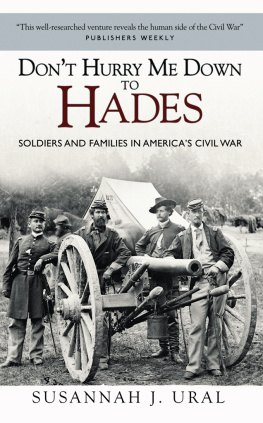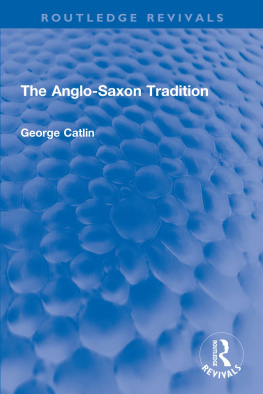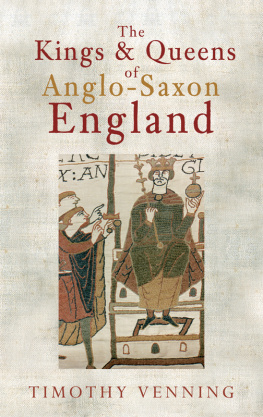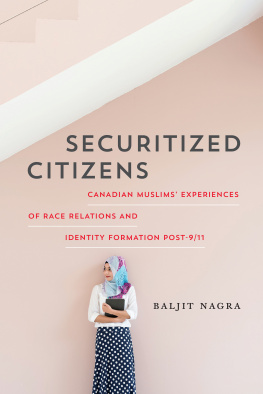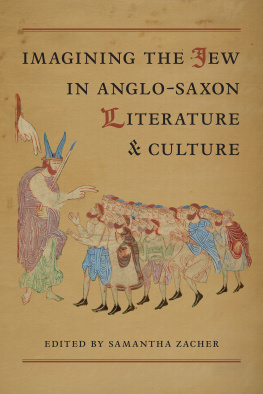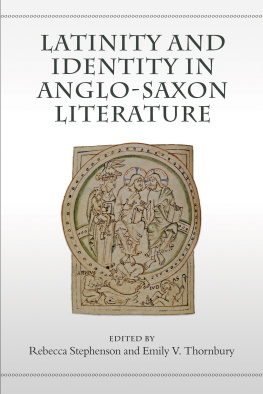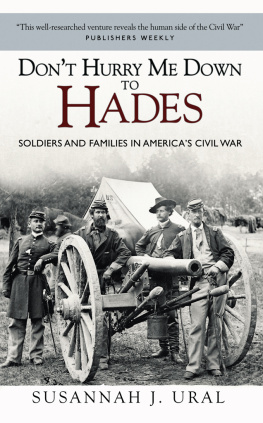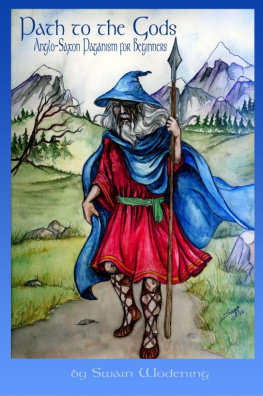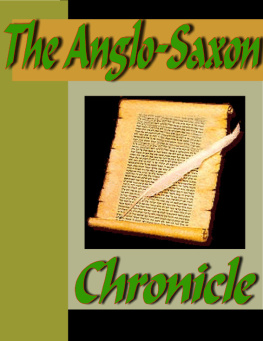Thank you for buying this ebook, published by NYU Press.
Sign up for our e-newsletters to receive information about forthcoming books, special discounts, and more!
Sign Up!
About NYU Press
A publisher of original scholarship since its founding in 1916, New York University Press Produces more than 100 new books each year, with a backlist of 3,000 titles in print. Working across the humanities and social sciences, NYU Press has award-winning lists in sociology, law, cultural and American studies, religion, American history, anthropology, politics, criminology, media and communication, literary studies, and psychology.
Civil War Citizens
CIVIL WAR CITIZENS
Race, Ethnicity, and Identity in Americas Bloodiest Conflict
EDITED BY
Susannah J. Ural

NEW YORK UNIVERSITY PRESS
New York and London
www.nyupress.org
2010 by New York University
All rights reserved
Library of Congress Cataloging-in-Publication Data
Civil War citizens : race, ethnicity, and identity in
Americas bloodiest conflict / edited by Susannah J. Ural.
p. cm.
Includes index.
ISBN 9780814785690 (cl : alk. paper) ISBN 9780814785706
(pb :alk. paper) ISBN 9780814785713 (ebook)
1. United StatesHistoryCivil War, 18611865Participation, Immigrant.
2. United StatesHistoryCivil War, 18611865Participation, German
American. 3. United StatesHistoryCivil War, 18611865Participation,
Irish American. 4. United StatesHistoryCivil War, 18611865Participation,
Jewish. 5. United StatesHistoryCivil War, 18611865Participation, Indian.
6. United StatesHistoryCivil War, 18611865Participation, African American.
7. United StatesHistoryCivil War, 18611865Social aspects. 8. Minorities
United StatesSocial conditions19th century. 9. ImmigrantsUnited States
Social conditions19th century. 10. United StatesSocial conditions
19th century. I. Ural, Susannah J.
E540.F6C49 2010
973.71dc22 2010023623
New York University Press books are printed on acid-free paper,
and their binding materials are chosen for strength and durability.
We strive to use environmentally responsible suppliers and materials
to the greatest extent possible in publishing our books.
Manufactured in the United States of America
C 10 9 8 7 6 5 4 3 2 1
P 10 9 8 7 6 5 4 3 2 1
For my colleagues in the Center for the Study
of War and Society at Southern Miss
I cannot recall another group with whom
I have worked and laughed so hard.
CONTENTS
Susannah J. Ural
Stephen D. Engle
Andrea Mehrlnder
Susannah J. Ural
David T. Gleeson
Robert N. Rosen, Esq.
William McKee Evans
Joseph P. Reidy
INTRODUCTION
Susannah J. Ural
On September 10, 1861, applause shook the walls of Institute Hall in Charleston, South Carolina. The audience cheered its local men, most of them German-born, who had volunteered as soldiers for the Confederacy. Having enjoyed a stirring and patriotic address in the tongue of the Faterland [sic], it was the gift from the German Ladies Society of Charleston that brought the audience to its feet. The women had sewn the company flag with the colors of the United States on one side and the colors of their homeland on the other. As Captain W. K. Bachman raised the banner and turned to address his men, the ladies rained flowers down from the balcony, which the young volunteers placed in their muskets. Addressing the enthusiastic crowd, Bachman cried out, Comrades. This is our flag. Under it you are to go to take your place in the contest.... Recollect at all times who made [this] flag. All that they ask in return is that you will never bring dishonor upon their own loved German name.
Twelve days earlier an even larger crowd had gathered in Joness Wood in New York City. Irish revolutionary Thomas Francis Meagher, a Captain in the 69th New York State Militia Regiment, spoke to a crowd gathered to honor the Irish men who had fallen the previous month in defense of the Union at the Battle of First Bull Run. The Wood, a New York Times reporter observed, was crowded to an excess which can scarcely be described without apparent exaggeration. Meagher cast his voice over the audience and called on the listeners to join him in honoring with proud regard and duty... those whose husbands and fathers, fighting in the ranks of the Sixty-ninth, were slain in battle, sealing their oath of American citizenship with their blood.
Despite the wealth of scholarship on the U.S. Civil War, especially regarding how individuals and communities responded to the conflict, there is no comprehensive study of immigrants and nonwhites in the North and South during this era, who constituted nearly 15 percent of the U.S. population in 1860. Despite their numerical significance, as well as their influence on Still, scholars lack a work that ties all this material together.
Historians need a book that highlights the complexity of the ethnic and religious responses to Americas bloodiest war. Such a work can show that there is no single Irish or Jewish reaction. Just as native-born white communities responded in different ways due to their social makeup or their economic infrastructure, immigrants, Native Americans, African Americans, and Jews also responded at times with one voice, and at other moments differed greatly, including within their own communities. Scholars understand this through individual studies, but not in a work that examines these groups side by side. That is what Civil War Citizens: Race, Ethnicity, and Identity in Americas Bloodiest Conflict offers. Contributors challenge the idea of immigrants and nonwhites volunteering to prove their loyalty while recognizing their frustration when such rewards were not forthcoming. They underscore the different expectations these groups had of citizenship and what they expected from their sacrifices for the survival of the Union or the Confederacy. The wartime responses of immigrants and nonwhites reveal an acute awareness that whatever actions their communities took would be carefully scrutinized not only by the dominant white Anglo-Saxon Protestant Americans but also within their own populations. This collection examines the momentous decisions made by these communities in the face of war, their desire for full citizenship, the complex loyalties that shaped their actions, and the inspiring and heartbreaking results of their choices that still echo through the United States today.
Two key themes thread through this work to explain the actions of the groups under study, which include Irish, German, African, and Jewish Americans, as well as Native Americans. The first theme involves outside groups efforts to obtain the full rights of citizenship; the second theme investigates their shared loyalties to the Union or to the Confederacy, as well as to their homelands. These two factors of citizenship and loyalty shaped outside groups responses to the war, which evolved along with the conflict, sometimes sustaining while at others times challenging immigrants and non-whites actions.
Concepts of citizenship and individuals relationship with government were central to the Civil War. Even individuals born in the United States, such as free blacks, Native Americans, and the Catholic or Jewish children of immigrants, struggled to exercise rights stripped from them by legislation, court rulings, and the prejudices that defined the age. The guns of Sumter offered outside groups a unique opportunity to redefine their place in America, and many rushed into the contest. This was, after all, Meaghers message to his audience when he spoke of Irish soldiers sealing their oath of American citizenship with their blood. The master orator portrayed men who took for themselves that most coveted American right, the one from which all other rights stemmed in the nineteenth century. Citizenship was the prize of the age, and nonwhites and immigrants recognized the opportunity this war offered them to stop requesting or insisting on their rights and to seize these for themselves.
Next page

